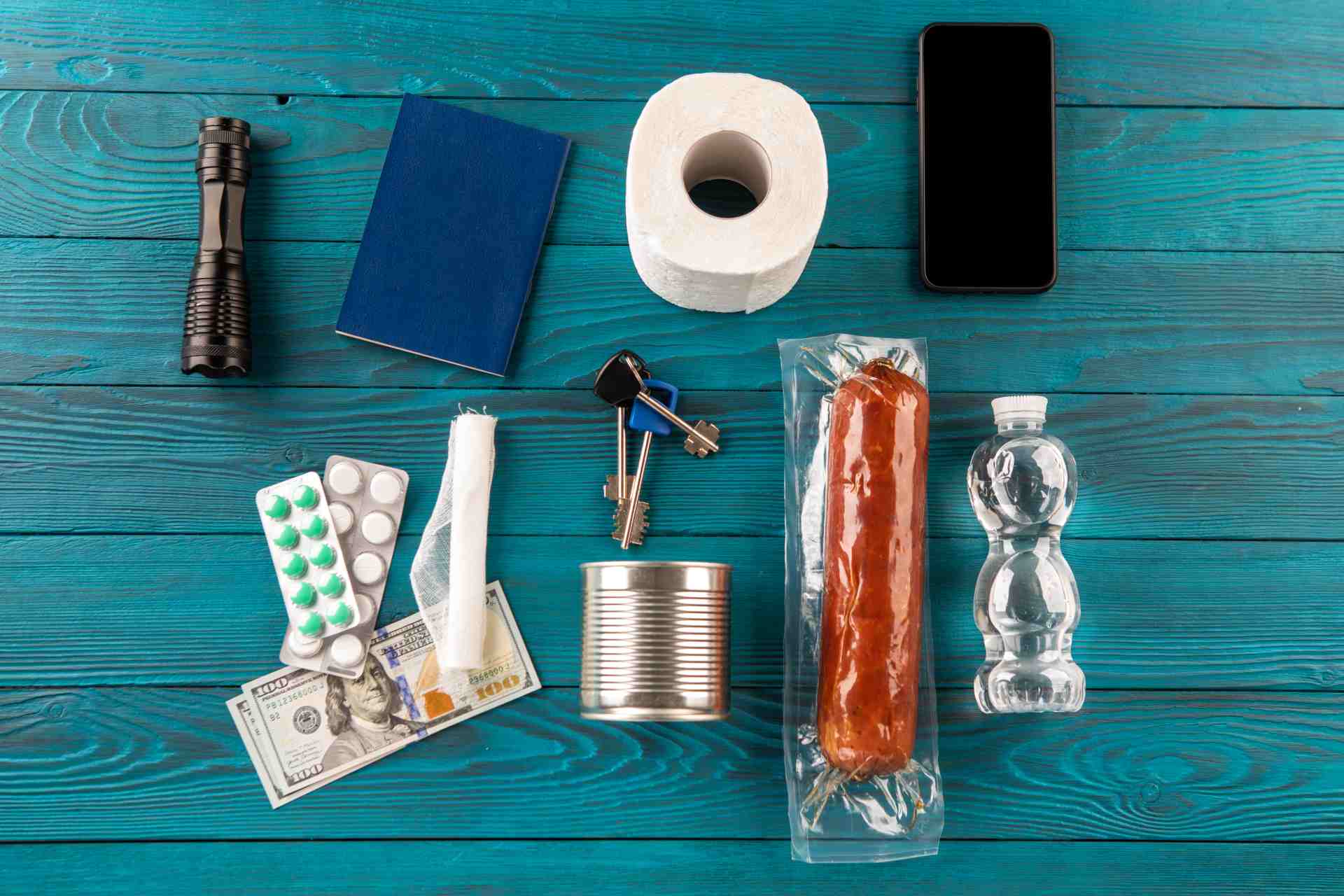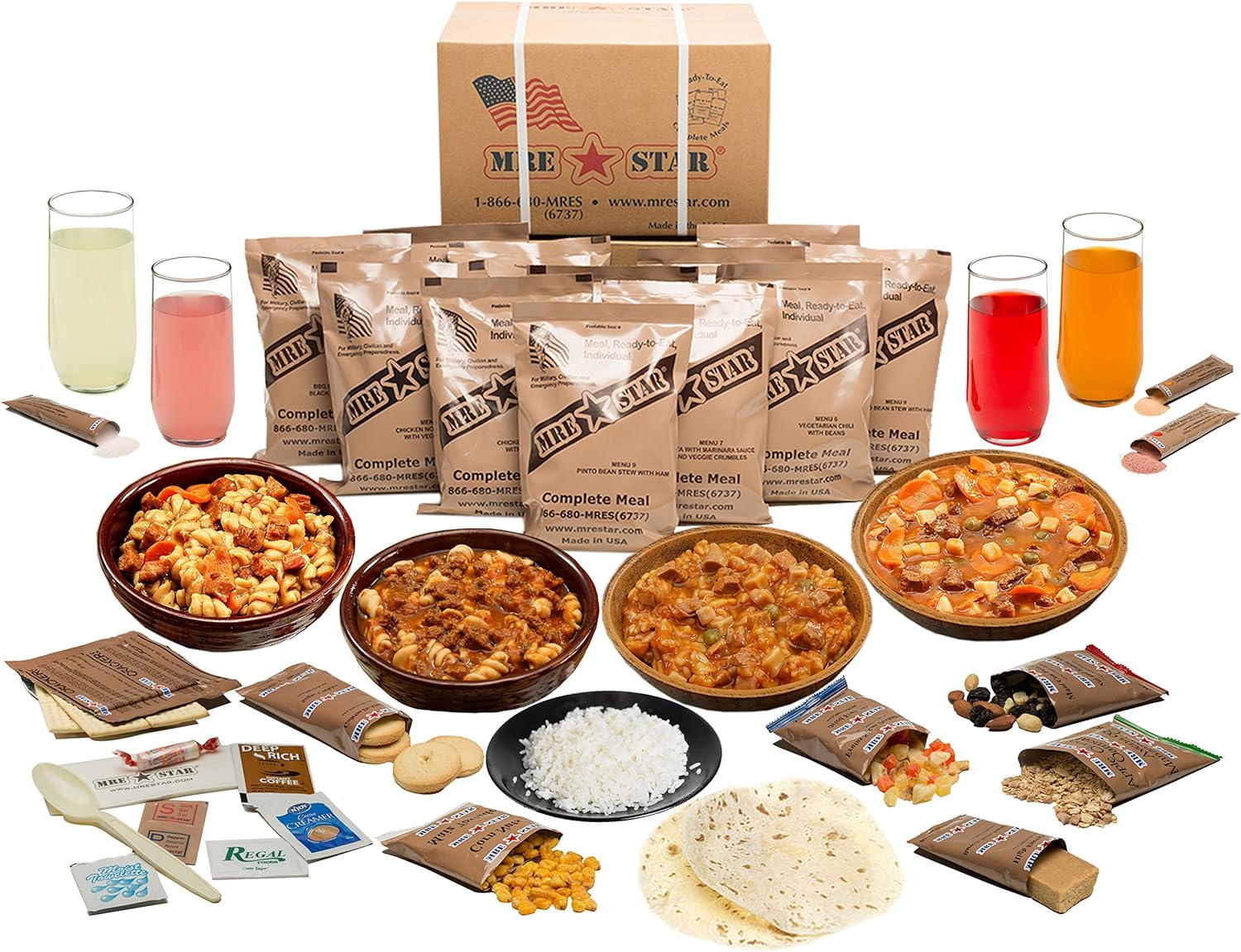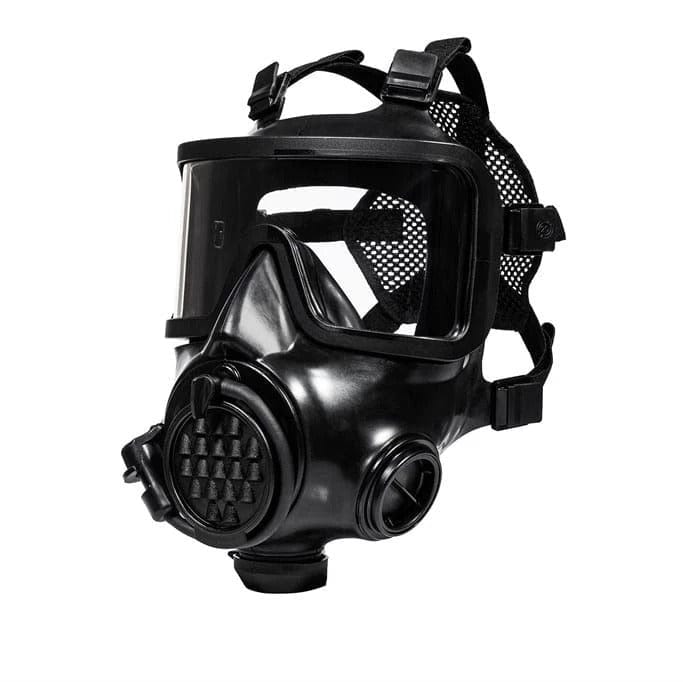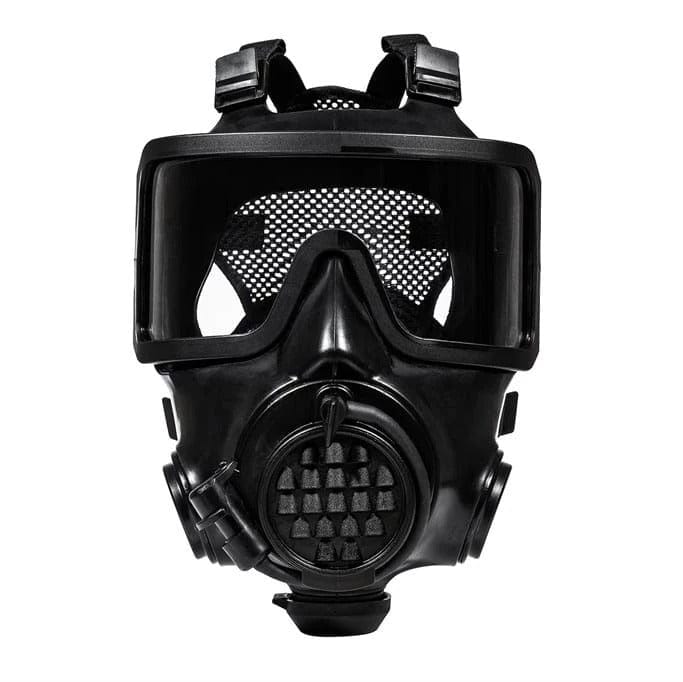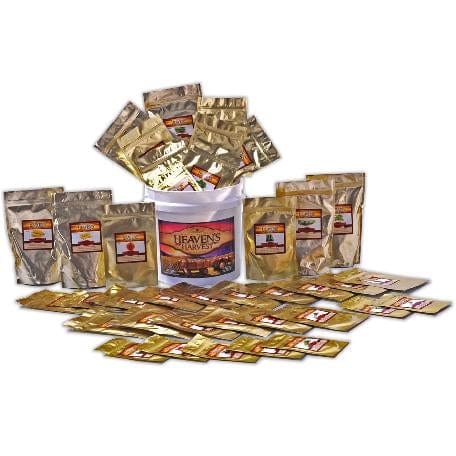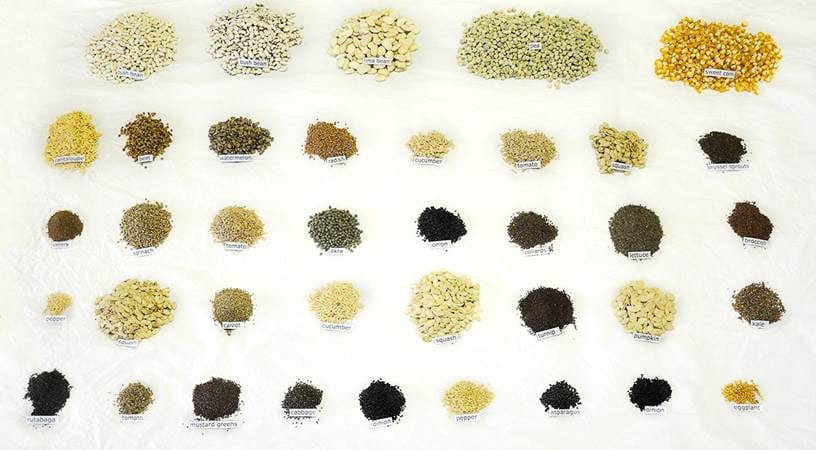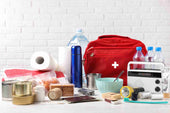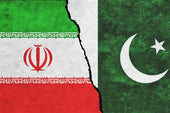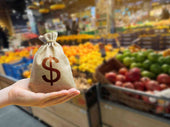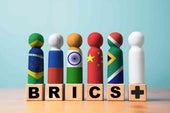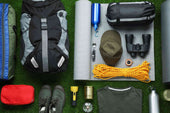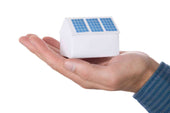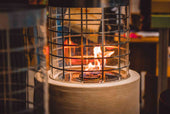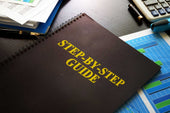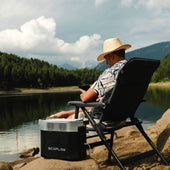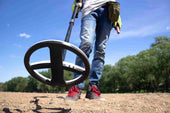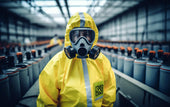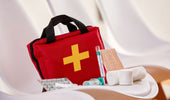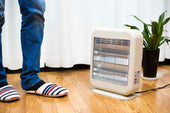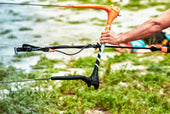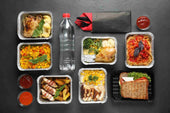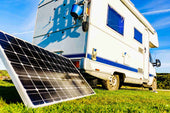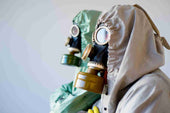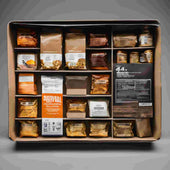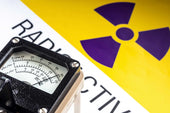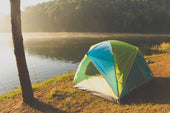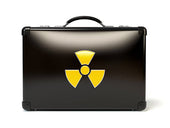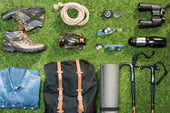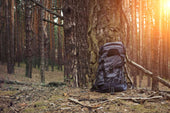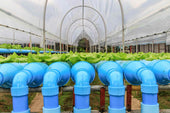What would become of this world if, one day, banks, shops, and distribution networks were no longer essential for society?
In this reality, society may adapt, for instance, after a natural disaster like a hurricane or a worsening of the market.
Given the uncertainty about when things will return to normal, individuals and communities must prioritize proper nutrition in a world where basic needs and power structures are under significant strain.
Importance of Bartering in Situations Where Cash Becomes Useless
Traditional forms of money may become irrelevant in a post-disaster setting. Cash transactions may become impractical with limited access to bank accounts and credit cards.
Instead, individuals rely on bartering, exchanging items of value such as food, water, or tools for the goods or services they need.
Understanding what others need and the value of these items is crucial for acquiring essentials and adapting to a new environment.
This article enlightens readers on how to maneuver in a post-disaster scenario. Understanding and anticipating the appropriate things to stockpile, you can depend on bartering for basic commodities when money is not valuable.
Such planning protects you and your family and makes you a productive and valuable contributor to an economy based on survival instincts.
Why Bartering Becomes Crucial Post-Disaster
When a disaster strikes, the usual supply chain is often disrupted, leaving people without essential products and no opportunities for work.
In these situations, bartering becomes the most effective way to obtain the necessary items for survival.
How Traditional Economies Collapse After a Disaster
The Role of Essential Goods in a Survival-Based Economy
How Bartering Can Meet Immediate Survival Needs
Best Bartering Items For Post-Disaster Scenarios
In a post-disaster scenario, the importance of certain items changes compared to our regular, currency-driven life.
Essentials like food, water, and tools take priority, while luxury items still hold value for providing a sense of normalcy and stress relief.
Understanding this is crucial for anyone looking to be prepared for potential bartering situations.
Let's explore the best items to stockpile for bartering, focusing on necessities and long-lasting goods.
A. Food and Water

The need for nourishment trumps all other priorities. Survival is possible with food and water. Therefore, these items will always be in high demand and should be at the top of your stockpile list.
► Non-Perishable Food Items (Canned Goods, Freeze-Dried Food)
► Water Purification Tools (Filters, Tablets)
B. Medical Supplies
Accidents, injuries, and diseases enhance people's medical needs following a catastrophe. These supplies to help address various health concerns will safeguard you and help make you an important person within the community to barter items for different goods.
► First-aid kits and Medical Tools
► Over-the-counter medications (Pain Relievers, Antibiotics)
► Prescription Medications (If Available and Legal to Trade)
C. Hygiene Products
Managing outbreaks becomes the primary goal if and when the disease prevention and management structure is lost. Personal care products will be very important for health maintenance and will have great value in curtailing trade for goods.
► Soap, Hand Sanitizers, and Disinfectants
► Toilet Paper and Feminine Hygiene Products
D. Fuel and Energy
Energy is often critical, especially in cold regions, since warmth can mean the difference between life and death. Acquiring such items will give you an advantage in any situation involving bartering.
► Fire-Starting Kits (Matches, Lighters)
► Gasoline, Propane, or Alternative Energy Sources (Solar Chargers, Batteries)
E. Shelter and Warmth

Shelter and warmth are basic survival needs, and their importance cannot be overlooked in extreme conditions. Stocking up on items that provide protection and comfort will ensure you have high-demand goods to barter with.
► Blankets, Tarps, and Tents
► Clothing Items, Especially for Warmth (Thermal Wear, Gloves, Hats)
F. Tools and Hardware
Repairing, building, and maintaining structures or devices is a crucial skill. Tools and hardware are essential in any trade, making them valuable.
► Multi-Tools and Basic Hand Tools
► Duct Tape, Rope, and Nails
G. Weapons and Self-Defense Items
People prioritize self-defense and personal safety in a world without law enforcement and order structure. Stockpiling these items ensures you have items always in the market.
► Knives, Machetes, and Basic Self-Defense Tools
► Ammunition (If Legal in Your Area)
H. Luxury Items
Luxury items stand out in a survival economy because they relieve the otherwise unbearable conditions that depressed people must endure. Their shortage against the demand will also make them the most likely candidates in parts of the trade.
► Alcohol and Tobacco
► Coffee, Chocolate, or Sweets
I. Skills and Services

Skills and services become vital when resources are limited. People who can offer expertise will be able to trade their abilities for the goods they need, making practical skills as valuable as physical items.
► Medical Care
► Mechanical and Repair Services
► Farming or Gardening Expertise
Factors to Consider When Stockpiling Bartering Goods
When stockpiling items for bartering, it's important to consider the items' bulk, size, and availability conditions.
These factors can affect the stockpile's effectiveness, the duration for which the items can be kept, and its bargaining power during a crisis.
Remember these factors when choosing items to store and use for barter trade.

✔️ Shelf Life and Durability of Items
When stockpiling goods, choosing items with a long shelf life and durability is crucial. Medical supplies with a late expiration date, non-perishable food, and reusable gardening tools are more valuable for trading than quickly perishable items. Canned meals, freeze-dried food, and durable tools are excellent items to stockpile because they can withstand difficult times.
✔️ Size and Portability
When dealing with bartering, it's important to use goods that are not heavy or bulky. In post-disaster situations where contacts may be hard to come by, bartering goods and services becomes necessary and may require some movement. Short and light items like water purification tablets, small tools, and medication are more practical and valuable for trading over long distances than large and heavy items such as big gas cylinders and blankets.
✔️ Universal Demand Across All Demographics
Make sure to have items everyone can use, regardless of race, culture, or circumstance. Basic supplies such as food, water, hygiene items, and medical supplies will attract the attention of many people, guaranteeing that there will always be something valuable to trade when needed.
✔️ Storage Conditions and Space Considerations
Remember to consider your storage environment carefully. Once you've decided on the items you want to keep in stock, ensure the storage area is cool, dry, and secure to prevent spoilage. It's also important to maximize your space and organize your stockpile effectively. Store items in containers resistant to moisture and pests, and rotate your supplies regularly to ensure you always have fresh items available for trading.
✔️ Trade Versatility and Usefulness
Concentrate on items used for many purposes or can be embraced in most circumstances. For example, duct tape can fix tools, make emergency tents, and cover rags. Whether you’re distressed doesn’t matter; this tape will always sell. Such items include tools with many functions, kits that help to light a fire, drugs that cure numerous illnesses, and so on.
✔️ Availability of Replacements
In a post-disaster economy, some items will be difficult or impossible to replace, making them more valuable in barter situations. Goods like prescription medicines, specific types of batteries, and fuels will become obsolete, and obtaining them will become increasingly difficult. Consequently, their value will rise in barter trade as they become more challenging to find.
✔️ Resistance to Environmental Conditions
Ensure your items are protected from any secondary natural disasters or during the main disaster, which could result in significant losses. For example, canned goods should not be stored in damaged cans, and foods with seals are best suited for non-refrigerated storage. If your goods are less sensitive to environmental conditions, they will have a longer shelf life and remain valuable in the market for trading.
Strategic Bartering Tips
Bartering effectively is more than just having the right items and knowing how to trade them optimally.
It also involves understanding the value of your goods, negotiating confidently and effectively, and being mindful of the risks during exchanges.
Thoughtful planning will lead to better results and increased security in challenging situations.
💡 How to Negotiate Effectively in a Bartering Scenario
Self-bargaining requires strong persuasion capabilities. You need to understand the other party's motivation while defining your own. Don't reveal your entire position immediately; show commitment and expect value in return. Whether you're buying or selling, it's important to understand the other party's perspective to set fair expectations.
💡 Understanding the Relative Value of Items in a Crisis
People's values during a crisis will vary greatly depending on what is available in the market. In most cases, food, water, medicine, and related items will have true value, while non-essential commodities such as beverages, cigarettes, and even magazines may be considered surplus or scarce. It's important to know the most wanted commodity in your circumstances and adjust your priorities accordingly.
💡 Security Concerns and How to Trade Safely
Trading can be risky during a crisis. It's important to protect yourself before engaging in any trades, especially with unknown people. Avoid sharing your location or disclosing the full extent of your resources. Whenever possible, participate in formal trading activities to minimize the risks involved.
💡 Establish Trust with Regular Trade Partners
Establishing partnerships with reliable individuals can simplify the bartering process. Regular face-to-face transactions with a small group of people can build trust, increase investment returns, and reduce the potential for exploitation during transactions. Trusted partners can provide mutual assistance and better deals, even in times of scarcity.
💡 Keep a Diverse Inventory for Flexible Trading
A balanced stockpile allows for more trading flexibility. Possessing food, cleanliness essentials, and health materials will also widen the inviting number and cater to diverse needs. It ensures more power during the bargaining process and more avenues for trade, especially when the perfect goods are not available.
💡 Start Small and Build Rapport
In the early stages of negotiating a new business deal or trade, starting with small exchanges is important to build relationships and assess trust. This approach helps identify the other party's trustworthiness and intentions before moving on to larger exchanges. Building trust creates a more secure and reliable trading network for future transactions.
Start Stockpiling Sooner Rather Than Later

Post-disaster preparedness is crucial for survival in a world where traditional systems may no longer function. In such a scenario, a well-prepared survival stockpile, not money, will be your key to comfort and security.
There's no better time than now to start building your stockpile. Disasters often strike unexpectedly, and waiting until the last minute could lead to a hopeless search for supplies. Starting now, you can avoid being caught off guard when disaster strikes.
Disasters are events whose economics are highly uncertain. However, some aspects of the situation can be managed. When that scenario occurs, economic bartering will also rule.
Thus, preparation for this one and all those covering the base will allow for working with time calls.

